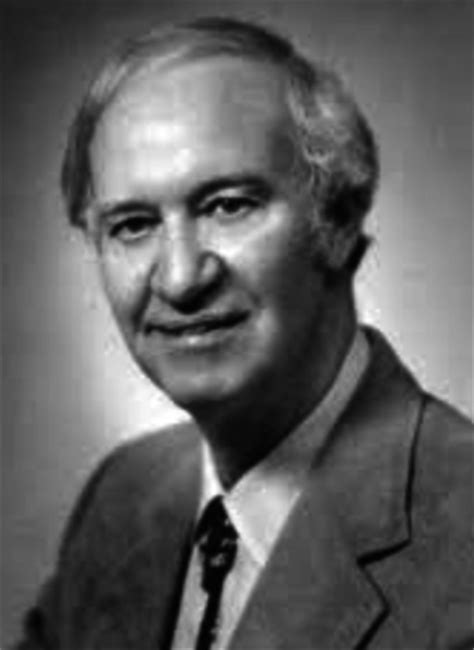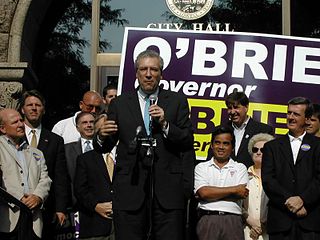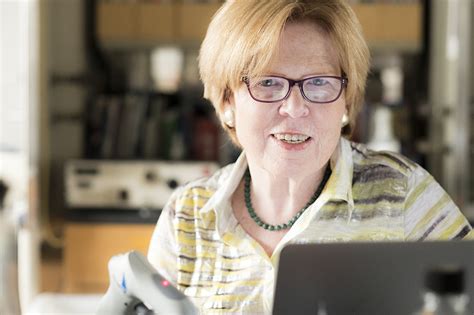A Quote by Roger Schank
There is one very good reason to learn programming, but it has nothing to do with preparing for high-tech careers or with making sure one is computer literate in order to avoid being cynically manipulated by the computers of the future. The real value of learning to program can only be understood if we look at learning to program as an exercise of the intellect, as a kind of modern-day Latin that we learn to sharpen our minds.
Quote Topics
Avoid
Being
Careers
Computer
Computers
Day
Exercise
Future
Good
Good Reason
High
High-Tech
Intellect
Kind
Latin
Learn
Learning
Literate
Look
Making
Manipulated
Minds
Modern
Modern-Day
Nothing
Only
Order
Our
Preparing
Program
Programming
Real
Real Value
Reason
Sharpen
Sure
Tech
Understood
Value
Very
Very Good
Related Quotes
We will learn no matter what! Learning is as natural as rest or play. With or without books, inspiring trainers or classrooms, we will manage to learn. Educators can, however, make a difference in what people learn and how well they learn it. If we know why we are learning and if the reason fits our needs as we perceive them, we will learn quickly and deeply.
We are learning all the time - about the world and about ourselves. We learn without knowing that we are learning and we learn without effort every moment of the day. We learn what is interesting to us... and we learn from what makes sense to us, because there is nothing to learn from what confuses us except that it is confusing.
Teaching is more difficult than learning because what teaching calls for is this: to let learn. The real teacher, in fact, lets nothing else be learned than learning. His conduct, therefore, often produces the impression that we properly learn nothing from him, if by "learning" we now suddenly understand merely the procurement of useful information.
One of the things I like about the computer that I use is that I can write a program on it or I can download a program on to it and run it. That's kind of important to me, and that's also kind of important to the whole future of the internet... obviously a closed platform is a serious brake on innovation.
There is first the problem of acquiring content, which is learning. There is another problem of acquiring learning skills, which is not merely learning, but learning to learn, not velocity, but acceleration. Learning to learn is one of the great inventions of living things. It is tremendously important. It makes evolution, biological as well as social, go faster. And it involves the development of the individual.

































